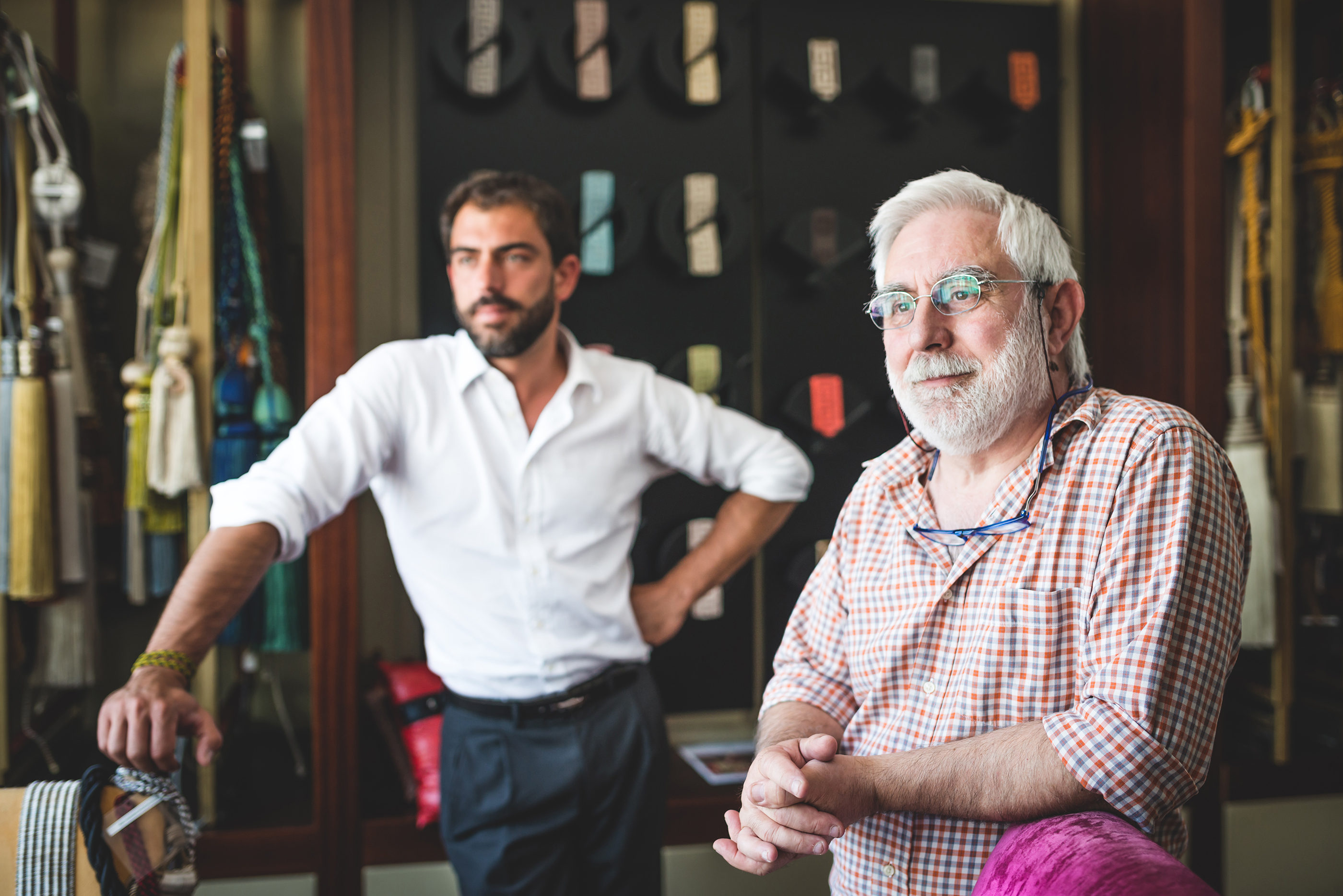The Specifics of TRUST in Construction

Did you know that there is a fair bit of research and literature about trust specific to the construction industry? We didn’t, but turns out this is the case! Without trust, the industry could get nothing done – even the laws and contracts (safety nets) you rely on when trust is damaged are built on trust in those very institutions.
Please tune in this week as Wayne gives you a construction-specific definition of trust, offers the five behaviors that build trust, and shares four tips on what you must do when you lose trust. What’s your experience? How have you successfully built trust relationships both inside and outside of your business? And what has been your experience when there is a trust breach? Is a loss of trust fixable? Please share with us in the comments.
Now is the time to equip your rising leaders with the strategic mindset necessary to steer the construction business towards sustainable growth amidst evolving market dynamics. Enroll them in The Contractor Business Boot Camp, one-of-a-kind leadership development program where they will get an opportunity to learn the business of construction from industry experts and peers alike. The next class begins in August in Denver. Contact Charlotte today at ckopp3@performanceconstruction.com to find out more.
Hi everyone. This is Wayne Rivers at Performance Construction Advisors, where We Build Better Contractors.
This week I want to talk about the specifics of trust in construction. Now, where this come from? Lisa and I have a place that's out in the sticks. It's in the middle of nowhere, and she took our dog to the vet, and we'll put up a quick picture of our dog. He's such a good little boy. For you dog lovers out there, you'll see. He's just a great little mut. He just couldn't
be a better fella. But anyway, she took him to the vet in this remote place and she said, here's my debit card, and they said, oh, our credit card thing isn't working. Just call us tomorrow and give us your card number and we'll register it then. She came home. She was like, "Oh my gosh. This would never happen in Raleigh." She was just talking about trust. These people, small town. Is it a small-town value, an old-fashioned American value? I don't know what it is, but it was a value, and that value was trust. She was expressing a value that their small vet practice had.
And then a couple days later we're walking our little boy, he's such a good boy, we're walking in another little town in eastern North Carolina and outside of this real estate office there's a great big Yeti cooler sitting right outside the office on the city street, just right on the sidewalk on a little picnic table thing. It's a Yeti cooler, those things cost a fortune. They're always in demand. You see them in all the high-end sporting goods stores. And inside they had little bottles of water for people that were walking their dogs or riding their bikes or whatever, and there's a sign, take one. And so, here's the Yeti cooler out on a city street, and there's nobody attending it. The people are all in the real estate office, however far away. And Lisa and I are, well, there's another example of trust. They just trust that they're going to provide this nice little community service, and nobody's going to come along and steal their Yeti cooler. Again, couldn't happen in Raleigh. We don't put out a Yeti cooler in front of our building, that's for sure.
Okay, now, what about this is important to you? Well, trust is the currency that runs through every transaction we make, whether personal or professional. Even the laws and the contracts that we all sign and execute are based on trust, because we have trust that the system will allow us to stand up in the event that we're wronged somehow in the context of those contracts and those laws. So even our institutions are built on trust. It's essential.
So now what specifically is trust in the context of construction? There are six components. How about that? Did a little internet research. Six components in construction that make for trust, and some of them are pretty self-explanatory, some not so much. Honesty, number one. Two, reliability/consistency. Number three, the delivery of outcomes, which is competence. So, in other words, people believe they trust you that not only can you start the project, you can also finish it effectively. Fourth, communication and transparency in communication in particular. Five, fairness. Win-win. That makes sense. And six, compassion.
When I think of compassion and construction, Kevin Albanese has a great, great, great explanation of safety in construction and compassion's a piece of it. He said, safety is all about courage and grace. Two things, courage and grace. The courage to call out unsafe situations when you see them and the grace to accept when you're called out that maybe you could have done a better job. And I think that compassion to me is in the grace part of it. I think Kevin's analysis of safety is absolutely brilliant and on point, but compassion is certainly an element of it.
Okay, honesty. We mentioned the Stockdale Paradox in a recent blog. Honesty means, this is kind of the definition in the context of construction, information that reflects the real situation. So, Stockdale Paradox, brutal facts, with the faith you're going to prevail in the end. Honesty in construction is the real situation, that means the truth, whether it's good or bad in the short run.
Reliability, we talked about that being reliability and consistency all the time.100% of the time reliability. It's like the media a few years ago who're talking about mostly peaceful protests when things were on fire in the background. You can't be mostly reliable. You can't be 82% reliable. You've got to be reliable and consistent 100% of the time.
Trust is first given at the individual level, person to person. That makes sense. Eventually, it can expand to the institution, to your organization and company. So, I can work with a construction firm where I trust this project manager or that superintendent, but not all of them. But the ideal thing obviously is to have an organization that's 100% trustworthy up and down the organization where you say, "You know what? Golly, it doesn't even matter what PM we get with that organization because we trust that they have the very best people."
Now, how do you build trust in the context of construction? Five ways. First, experience. We've got experience with this firm, with these people, et cetera, and we trust that they're going to do things. Number two, mutual problem solving. I mean, have you ever had a construction project that didn't have a problem or two pop up? Mutual problem solving. Problem pops up, we get the team together, we resolve it, now we trust that we can overcome future barriers as well. Shared goals and understanding, we talk so much about mission, vision, and values, and I'm going to do a vlog coming up based on a huge joint venture by two ENR50 companies and I've got a great story about mission, vision, and
values in the context of $1 billion plus mega project.
The fourth thing, reciprocity. Again, win-win. Trust across individuals and then organizations. And the fifth thing, reasonable behavior. I talk about reasonableness in the context of our one-on-one assignments. People call and they say, "Oh, we need help with X, Y, and Z. Can you help us out?" "Yeah, yeah, we can help you with that." "How long is it going to take?" "It's going to take five to six months, provided your people are reasonable." The people that aren't agreeing on a certain issue at the moment, if they're reasonable, we can move heaven and earth. If they're unreasonable, all bets are off. And reasonableness, reasonable behavior is a component of building trust.
What if you lose trust? Oh my gosh, what if you lose trust? There are only about four things you can do. And the first thing is you've got to recognize you're going to be in a deficit situation fora really long time. Now, people are human. People make mistakes. If it's an honest mistake, people will forgive you almost immediately because we all screw up. So, we have to have a bit of human compassion and understanding. But if it's a trust violation, if it's a lie, if it's a misrepresentation, whatever, you're going to be in a trust deficit for a long time. It's like being in a race and you're always trying to catch up. It's exhausting. It really is. But it's a fact, if you screw up and you lose trust through your own actions, you're going to be in a trust deficit for a really long time, at the personal level and at the professional level.
Number two, you got to admit you're screwed up. You got to be perfectly honest with all the parties associated.
The third thing is you've got to make amends directly. You have to go to each of those individuals and you have to say, "I screwed up and I really regret my actions, and here's what I'm going to do to not have those actions happen again, and I beg for your forgiveness and understanding. "The third thing is see the five behaviors above, reasonable behavior, reciprocity, et cetera, et cetera, just as we talked about.
So, what do you think? In the context of construction, how do you define trust and how do you earn trust? Have we missed anything here? Have we missed anything obvious? Let us know in the comments and share with us please. And don't forget about Boot Camp. We've got August coming up in Denver. October coming up in Raleigh. Contact Charlotte for more about Boot Camp.
This is Wayne Rivers at Performance Construction Advisors, where We Build Better Contractors.


